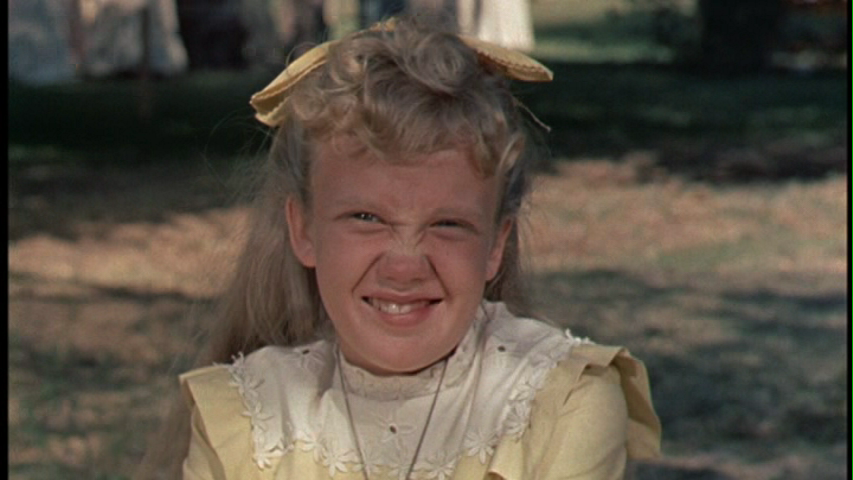It’s official – I am now Dr. Shelina Visram. Not a doctor of medicine (which still upsets my grandparents) but a doctor of philosophy. You might think that means I’ve spent the last few years navel-gazing. Sadly not.
For two years I was entirely engrossed in conducting 116 in-depth interviews, as well as following people around, observing them and generally being nosy. Months were then devoted to analysing my data, and it took me almost a year to write it all up into something meaningful – my thesis.
 |
| Top tip: use cute stickers to distract yourself during the viva |
Wrong! That’s not how it goes at all. After years of hard work, the hardest part is yet to come.
The viva! A word that strikes terror in the hearts of all PhD students. Viva is short for viva voce, a Latin phrase usually translated as “by word of mouth”. The viva is the final oral examination of the doctorate process.
That’s the case in the UK at least. I’ve heard that students in Australia are assessed on their thesis alone. Which is another good reason to emigrate.
So what exactly does a viva involve? Well, two experts in your field are invited to act as examiners. The viva takes place a few months after thesis submission. During these months you occupy yourself with other things (like finding a job) and forget what your PhD was about. Or you read your thesis over and over again until the words start to lose all meaning. Then on the day of the viva, you turn up in your smartest outfit and prepare to defend your work.
To be honest, the rest is a bit of a blur. I know my viva lasted for almost two hours and that it was hard work. I know there were lots of questions on philosophy, methodology and the importance of my findings. It was helpful to have my supervisor there to keep notes and reassure me afterwards that not everything I said was gibberish. Once the ordeal was over, I was asked to wait outside whilst everyone conferred. Then I was invited back in to hear the verdict and be called Dr. Visram for the first time.
In hindsight, the viva was a great opportunity to discuss my thesis with two people who had actually read it. I got some helpful feedback and an invitation to spend some time with one of my examiners and her research team. I know some people have less positive experiences and I guess you have to prepare for the worst.
But as a friend is fond of saying, just relax and enjoy the process.















